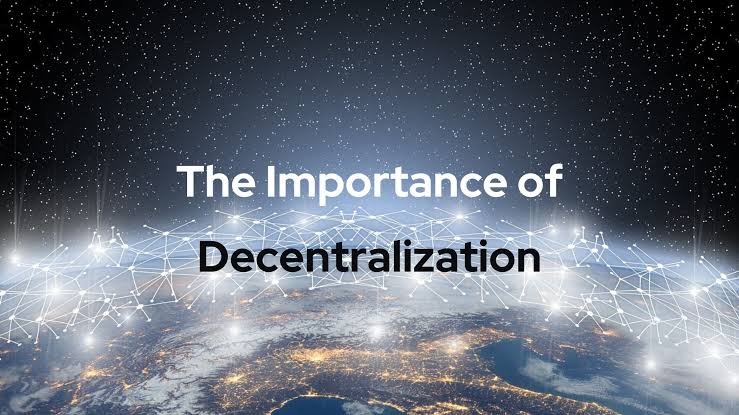Decentralization and the Future
In an increasingly interconnected and digital world, decentralization has become a hot and promising topic. Decentralization is a model in which power and decision-making are distributed among multiple actors, rather than being concentrated in a single central entity or authority. From technology to politics, decentralization is gaining ground as an innovative and disruptive approach to addressing contemporary challenges.
In the field of technology, decentralization has been made possible by the proliferation of technologies such as blockchain. This technology has revolutionized how financial transactions and digital records are handled. By eliminating the need for intermediaries and using a distributed approach to verify and record transactions, blockchain has democratized access to financial services and increased transparency and security in operations.
In addition to the economy, decentralization has influenced how organizations and communities are managed. Decentralized projects, such as cryptocurrencies and governance platforms, allow users to make collective decisions and actively participate in the development and direction of these initiatives. This fosters inclusion and empowers individuals who would otherwise be excluded from traditional decision-making processes.
Decentralization has also reached the political arena, with movements seeking to redistribute power and authority from governmental institutions. Technology has enabled the creation of decentralized and transparent voting systems, where citizens can cast their vote securely and verifiably, increasing trust in electoral processes.
However, decentralization also faces significant challenges. One of the main obstacles is resistance to change from those who hold control in centralized systems. Decentralization often threatens established interests and, consequently, may face opposition and skepticism.
Furthermore, decentralization is not the solution for all problems. Some centralized systems are necessary to ensure efficiency and cohesion in certain contexts. In some cases, decentralization can lead to fragmentation and lack of coordination.
In conclusion, decentralization is undoubtedly a rising trend with great potential to change the way we live and work. Technology has paved the way for its adoption in various fields, and communities and organizations are recognizing the benefits of sharing power and decision-making. While challenges exist, the decentralized approach seems to have an important place in the future, driving greater democratization, transparency, and inclusion in our societies and systems. As a society, we must be prepared to adapt and embrace the shift towards a more decentralized future.

